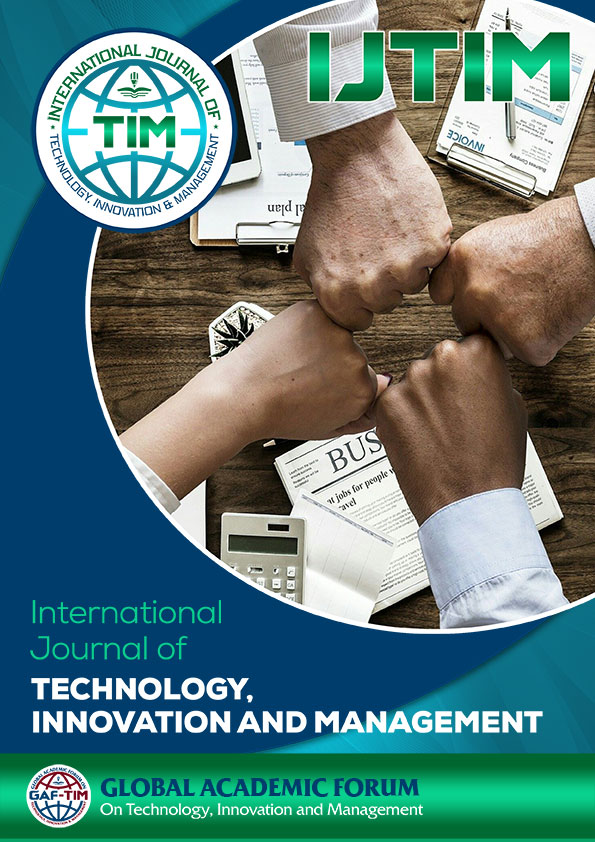THE IMPLEMENTATION OF ENTERPRISE RESOURCE PLANNING (ERP) IN THE UNITED ARAB EMIRATES: A CASE OF MUSANADA CORPORATION
DOI:
https://doi.org/10.54489/ijtim.v2i1.57Keywords:
Enterprise resource planning (ERP), Success factors, system implementation, cloud Enterprise resource planning, Mobile ERPAbstract
This study aims to examine the most significant factors that contributed to the system's success (ERP), how to implement it in the Musanada Corporation in the United Arab Emirates, and also the resistance of certain employees to this system. This study follows the qualitative methodology and data collection from company members (stakeholders in the company). A complete analysis of the study and submitted proposals to develop the system. This paper presents the study on the field so far and the results reached by the group's members and through data collection from stakeholders for the organization, providing the field study within analysis steps of implementation and application of the system in the institutions of the United Arab Emirates. It summarizes the advantages of the ERP system and the ability of companies in its implement it. Furthermore, it facilitates the external and internal processes (business processes and operations) and the internal development of the network in the company. ERP is significant in facilitating the task and reaching the desired goal (for the company's benefit). New technology has helped develop traditional systems and the presence of more security, ease of access to the desired goal, and the company's success to pass several actions in a short time.















